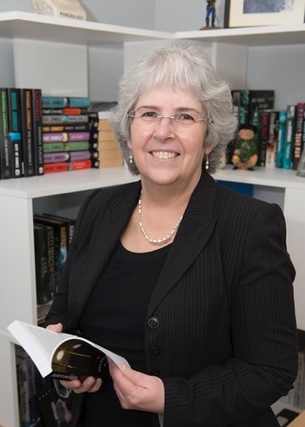
How did you come to writing fiction?
I came to fiction writing through the discipline of writing non-fiction. I was very fortunate to have had two major psychology careers spanning nearly four decades, firstly as a research psychologist and then, after further training, as a clinical psychologist and NHS manager. During my academic career, I authored or co-authored numerous journal articles, book chapters, government reports, a PhD thesis and two books for parents and staff, both published by Souvenir Press. When I later qualified as a clinical psychologist, my writing was mainly of a clinical nature, service reports, and court reports, firstly in primary care, then in learning disability services, autism, Asperger’s Syndrome and forensic services.
Of course, like many authors, who have written non-fiction, I always wondered if I had a fiction book in me.
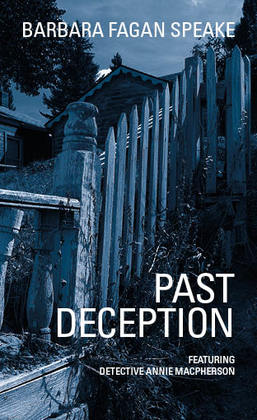
I started to write crime fiction some fifteen years ago and all five of my books have both a whodunit and a whydunit element. They are set in Connecticut, (where I was born and raised) in the fictional Westford police department, and they include British and American characters. My debut novel, Secrets Only Sleep (2005) investigates the murder of a bag lady. This psychological suspense novel deals with issues of bereavement, revenge, and ruined lives.
With my second book, Primed by the Past (2011), I started a crime fiction series, featuring Scottish detective, Annie Macpherson, who is on an exchange with the Westford Police. This book explores the impact of stalking. In my third book, Programmed to Kill (2012), Annie becomes involved in the investigation of a murdered priest but the killing doesn’t stop with the first victim. This is the first book in which I delve into the mind of the murderer and deals with issues of moral ambiguity. My fourth novel, Past Deception (2014) deals with historical abuse and its impact on one family, decades after it happened.
What impact does being a psychologist have on your fiction writing?
Having been a research psychologist means that I enjoy doing research for a novel and my clinical work brought me into contact with people with a range of clinical conditions. I always stress that I never use any real cases in my books, but use psychological themes, such as those already mentioned, including: bereavement, psychopathy, stalking, relationship issues, trauma, abuse etc. As psychologists, we are trained to observe people, to understand motivation and to help people work through issues – all good skills to have in developing characters and plots.
My years of management have also paid off in my writing career as I am highly organised, engage in continuous professional development with regards to writing and do my own personal development plan every year, just as I did when I was working. One real find has been the free Future Learn on-line learning courses and I have now completed five of these, mainly dealing with forensics, forensic psychology and creative writing. I was also media trained during my career and gave numerous presentations. Now I am building up a speaker profile locally, receiving invitations from a wide range of groups to talk about writing crime fiction.
I thought I was busy when I was a consultant psychologist and clinical director in the NHS, but I never seem to have a spare minute now I am retired. In addition to my writing, I am a member of two writing groups, one of which I facilitate and I write short stories for these groups. In 2016, I will publish my first collection of short stories and flash fiction. I am also a trustee for a local voluntary group, which continues to use my psychology skills.
More information about my books can be found on my website www.barbarafaganspeake.com.
Please also look up my Facebook author page which I update regularly:
Barbara Fagan Speake Writer. Please Like and Share.
Paperbacks are available by contacting me via the website and e-books via Amazon.
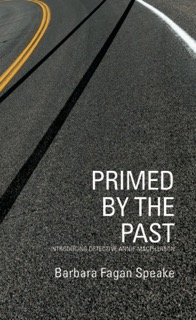
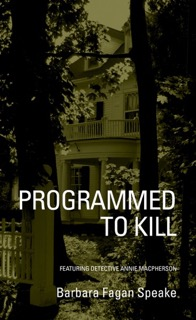
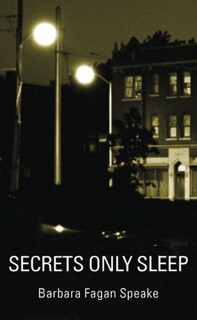





















 RSS Feed
RSS Feed





















